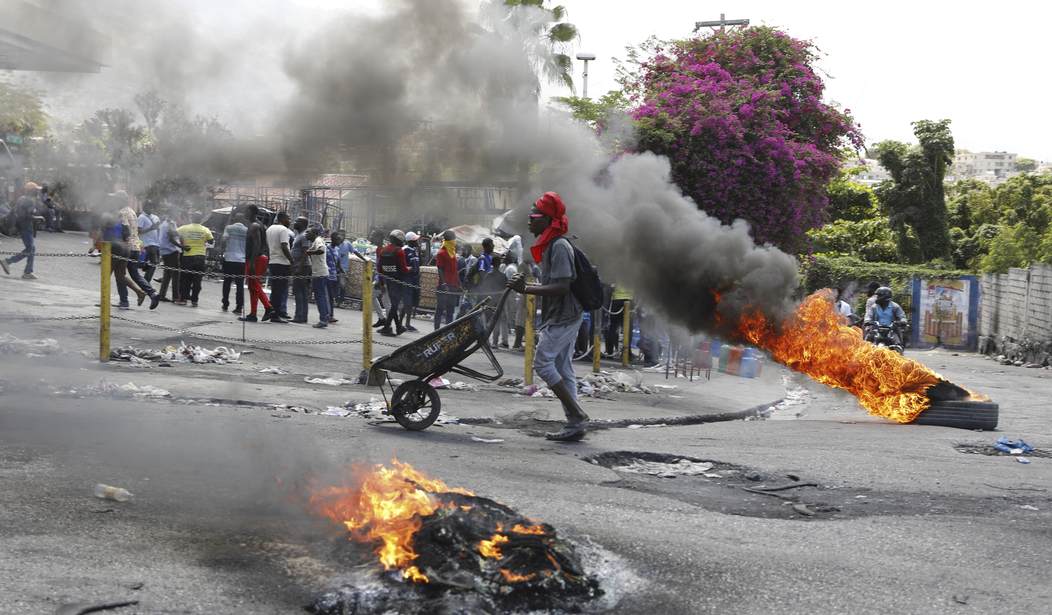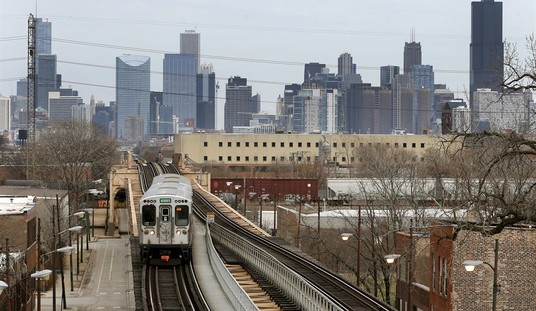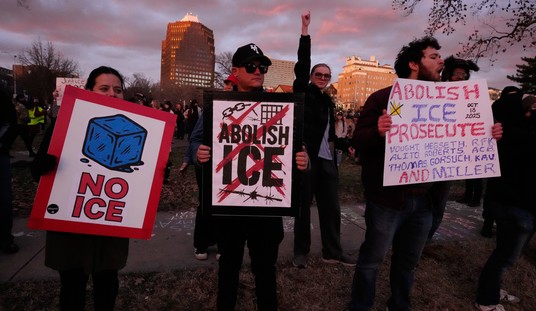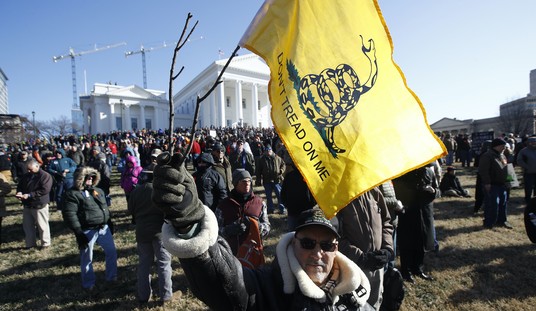I haven't been following the situation in Haiti all that closely. The reason is that, well, it's Haiti. The idea of them acting like a failed state is hardly earth-shattering news, so while this is a little different than most--cannibalism is a new twist, I'll admit--it's not something I've really delved a lot of time into examining.
But I figured that sooner or later, someone would blame gun laws in the US for the violence.
Luckily, The Guardian didn't keep me waiting.
As Haiti has again plunged into violent chaos, images of gang members bearing high-powered rifles, pump action shotguns or automatic weapons in the streets of Port-au-Prince have become ubiquitous.
But this weaponry is not made in Haiti, a country with no firearms or ammunition manufacturing capabilities.
It is an arsenal that largely comes directly from the US, with most guns, experts say, likely to have originated from states with lax firearm laws, and many trafficked into Haiti from Florida.
This clandestine trade has left Haiti’s gangs with a vast cache of illegal arms and much greater firepower than the country’s dispirited and underfunded police force.
A 2020 estimate published by Haiti’s disarmament commission estimated there could be as many as 500,000 small arms in the country, with just 38,000 of those legally registered. The number, analysts say, is now likely to be even higher following an uptick in trafficking operations in recent years.
A large portion of these, said Robert Muggah, a security expert and co-founder of the Igarapé Institute security thinktank, are obtained in the US by straw purchasers (buyers who obtain the guns on behalf of the smugglers). The weapons are largely bought in states with weak gun regulations like Florida, Arizona, Texas and Georgia.
“Easily accessible firearms from the US are one of several factors that are deepening Haiti’s instability,” Muggah said. “The abundance of high-powered rifles, handguns and ammunition is dramatically amplifying the power of criminal gangs who easily outgun Haiti’s depleted national police and modest security agencies. They are also playing a key role in driving-up high rates of sexual violence, violent assaults, kidnapping and internal displacement.”
If guns from the US are the fuel for this violence, rather than the fact that Haiti has been a trainwreck of a nation for decades, explain the relative stability of the Dominican Republic, then.
After all, that nation shares an island with Haiti, yet has a lot fewer problems than what we're currently seeing with its neighbor.
Moreover, this whole "lax gun law" thing bothers me because everyone seems to admit these are straw purchases. In other words, they're being bought from licensed gun dealers by people lying on federal forms. They're already breaking laws to obtain these guns, at least according to this report, so why wouldn't they break additional laws as well?
I mean, we could throw up additional barriers, but they'd still be circumvented if there's enough money to be made.
Then we have the mention of automatic weapons. They're not buying those over-the-counter here in the US as those are the most tightly controlled firearms on the market. They're not really viable for most American gun owners, so no one is buying those and shipping them south.
Instead, they're coming from somewhere else.
If Haitian gangs are getting automatic weapons from some other source, why couldn't they get other guns from those same sources?
That's why we say it's about the people, not the guns.
Haiti has been an unstable mess for ages now. What's happening there is the result of failure after failure, but not because of American gun laws.








Join the conversation as a VIP Member